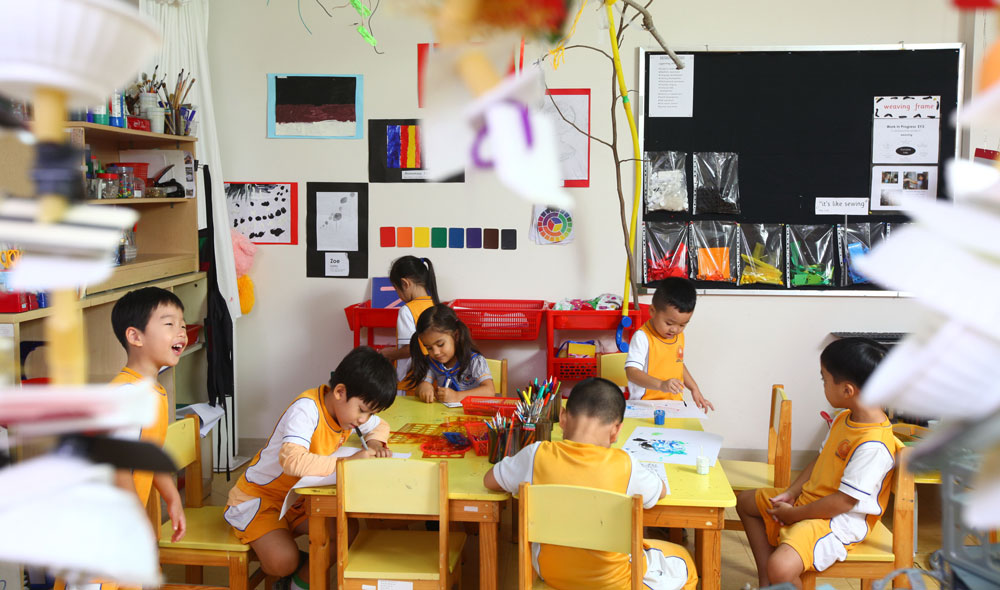Advertorial – Ask any children what they enjoy most about their holidays and the answer will probably be “free time.” Pupils all over the world look forward to no teachers, no homework and no school, but the reality often does not match their expectations as the novelty wears off and boredom creeps in.
When designing our summer program, we – the Renaissance International School Saigon located in District 7, Ho Chi Minh City – looked at three things: What do parents want? What do pupils want? What does a teacher know will most benefit pupils? The Renaissance Active Summer Learners’ program has been promoting learning for the last six weeks in a variety of academic and activity programs.
A parent’s decision to enroll their child in a summer school must be difficult. All parents want the best experience for their child – an experience that will stretch them academically and emotionally, without leaving them exhausted. Ninety-one pupils took part in our summer school this year. There was an expectation to deliver a great program that would be fun, keep boredom at bay, and provide high-quality education.
“Back in January I knew I needed an academic program that would be rigorous but enjoyable for our pupils. Any academic program requires some form of assessment so I chose the TOEFL Junior and TOEFL Primary test systems to give our pupils (and parents) a clear progress guide. I used the TOEFL assessment as the scores are valid all over the world,” Stephen Isaacs, a teacher of Summer Learners’ program, commented.
“Our pupils didn’t disappoint us, as our honor pupil Vo Bui Y Nghi [a Renaissance pupil] scored a near perfect 875/900 in her TOEFL Junior,” Isaacs elaborated.
All learning does not happen inside the classroom, however; a child’s personal, social, and emotional development cannot be learnt from a textbook.
With this in mind to balance the academic side, Renaissance wanted to make sure that the activity program was equally strong.
To do this Renaissance offered afternoon excursions outside the classroom. Pupils were allowed to have fun and enjoy playing golf, tennis, football, badminton, climbing, sky jumping, painting, music playing, and cupcake making. Everything was designed to make sure that our pupils enjoyed themselves, developed social skills, and genuinely learned something outside the classroom.
“It was a pleasure observing friendships being made, confidence developing, new skills being learnt, English language improving… and everyone enjoying success,” Isaacs said.



















































